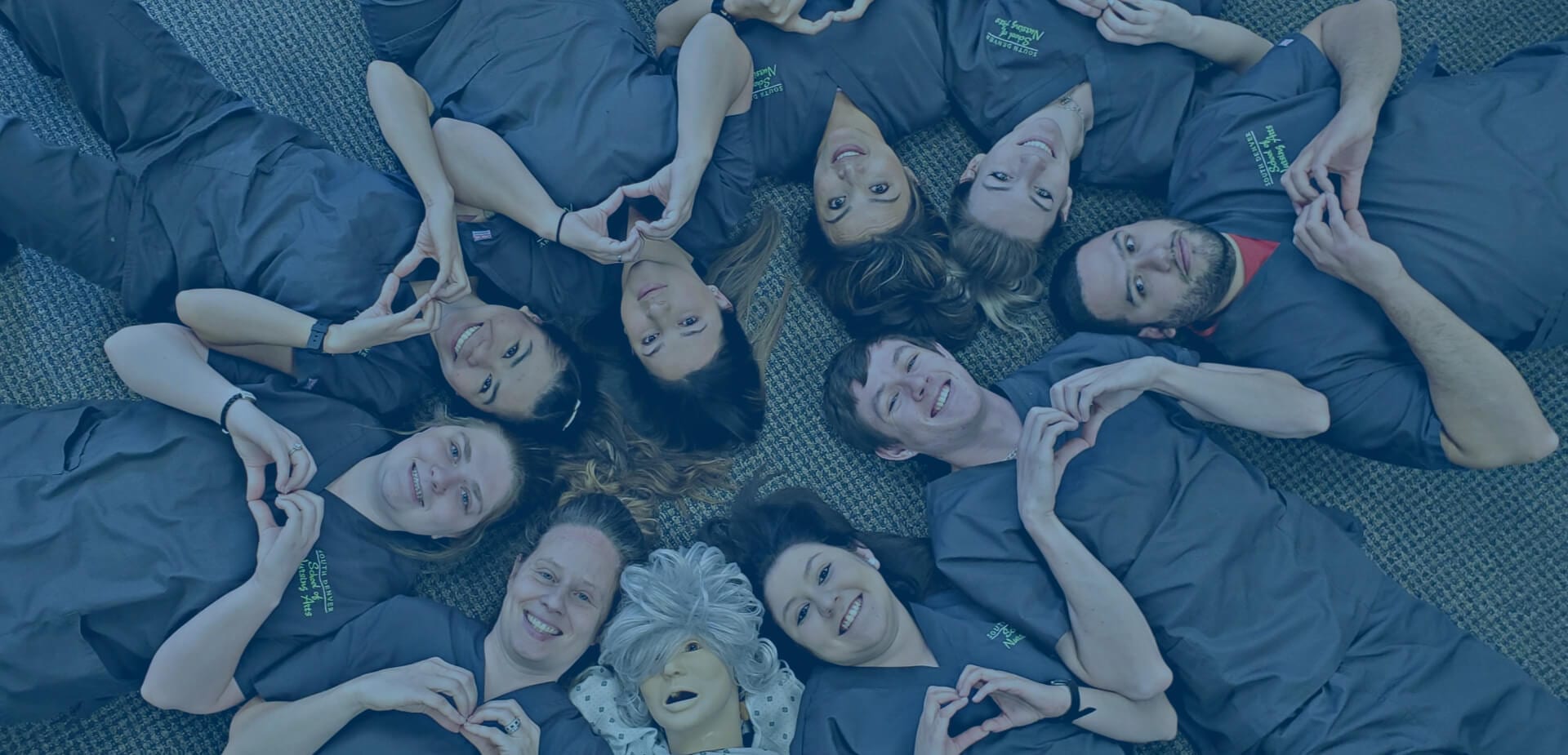A Certified Nursing Assistant (CNA) plays a major role in the medical field. Working in tandem with, and reporting to a Registered Nurse (RN), CNA’s are charged with handling everything from checking patient vitals and updating files to helping with grooming, bathing, and feeding patients.
The field of
nursing has long been on the rise, and modern health crises have only escalated projections. There’s an enormous need for CNA’s and RN’s in hospitals, clinics, and homes that cater to patients from all backgrounds and with varying needs.
When it comes to comprehensive patient care, diversity is vital in terms of a medical facility’s CNA and RN roster. There’s a clear and present need for qualified, passionate, and diverse CNA’s, so why are there so few men stepping up to the challenge?
The Stereotypes that are Out There
It would be wonderful to think that the role of a CNA or RN wasn’t more appealing to one gender over the other, but the statistics tell another story. It’s estimated that no more than 13% of all nurses in America today are male. So why is this the case?
It’s become an unfortunate, and largely accepted stereotype in American culture, that women are more inclined to be nurses and men are doctors or facility directors. It’s easily assumed that men who do go into training to be a CNA or RN are doing so on a path to pursuing their full medical degree.
How Stereotypes Surrounding Men in Nursing Were Born
Cultural views regarding men as CNA’s or RN’s can be difficult to overcome, but a look back at their origins is a good start when it comes to paving a new path forward. Some stereotypes stem from wartime eras where men were called to arms and women, restricted from the front lines, contributed to efforts through nursing.
Today, Hollywood frequently cast the role of the male nurse or CNA as a comedic one. The hyper-masculine surgeon or doctor has become the standard in film and television. This plays on views of gender roles where nursing is seen as innately nurturing, and therefore, exclusively a feminine profession.
How to Break the Stereotypes
Eliminating stereotypes surrounding men as CNA’s and RN’s may not be easily accomplished, but it’s vital to the industry. Not only is it important in terms of gender equality but having equal numbers of men and women on the medical staff is a benefit to patients who thrive under different types of care.
Education: Above all, providing male students with a clear and concise pathway to obtaining their CNA license is key. It’s imperative that men pursuing the field of nursing are aware of supportive and accessible educational options available to make the most of their careers.
Mentorship: Equally important is implementing mentorship programs in hospitals and clinics that pair up male nursing staff with more experienced male professionals. This helps guide newcomers in the field towards those who have found successful routes to overcoming stereotypes.
Awareness: Ultimately, gender bias has to become an integral part of the professional conversation in nursing. When the field extends more evenly to males, it can develop into a more cohesive, effective, and inclusive healthcare community overall.




